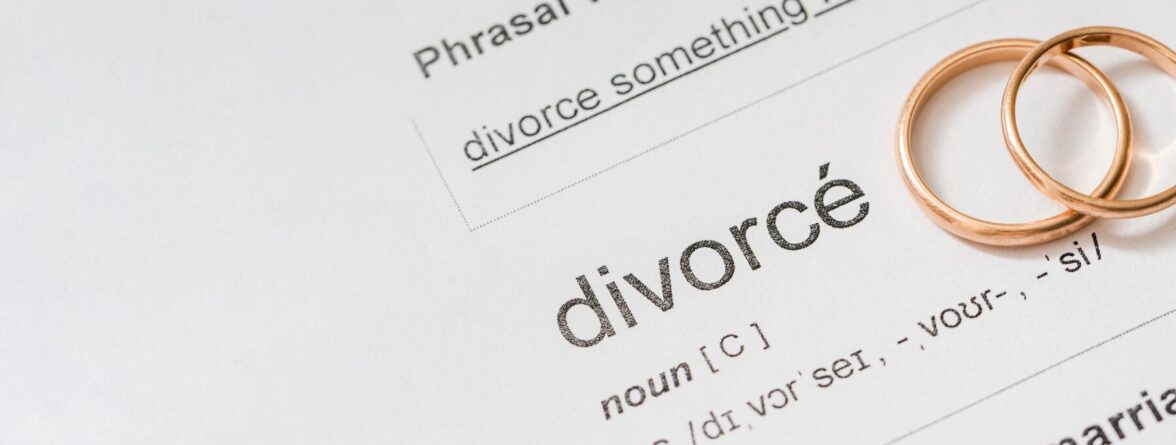Esteban Rada
Colombian attorney
email: info@lawyerscolombia.com
telephone 57-311-7693976
Navigating divorce laws can be complex, especially when involving international aspects. For American citizens residing in or planning to divorce in Colombia, understanding the legal framework is essential. This article provides an overview of the divorce process in Colombia, highlighting key considerations for U.S. citizens.
- Legal Framework Governing Divorce in Colombia
Colombia’s divorce laws are primarily outlined in the Colombian Civil Code and the the country recognizes both contested and uncontested divorces, with specific provisions for foreign nationals.
Key Principles:
- Jurisdiction: Colombian courts have jurisdiction over divorce cases if at least one spouse is Colombia or if the marriage was celebrated there.
- Recognition of Foreign Divorces: Colombian courts typically recognize foreign divorces under the principle of reciprocity, provided the divorce was obtained in accordance with the laws of the country where it was granted.
- Grounds for Divorce
Colombia permits both consensual (uncontested) and contentious (contested) divorces, with the following grounds:
- Unilateral divorce: When one of the parties, want to get divorce and there is not guilty.
- Uncontested Divorce: Both spouses agree to divorce and reach an agreement on issues such as child custody and division of assets.
- Contested Divorce: One spouse seeks divorce citing specific grounds, such as adultery, abuse, or abandonment.
Since 2016, Colombia has simplified the process, allowing for no-fault divorces where spouses simply need to declare the irretrievable breakdown of the marriage.
- The Divorce Process for American Citizens in Colombia
- Filing the Petition
- It has do be using a colombian attorney.
- For foreign nationals, it’s advisable to seek legal counsel familiar with Colombian family law.
- The petition must include documentation such as the marriage certificate (apostilled or legalized), identification, and proof of residence.
- Residency Requirements
- While Colombia does not require a lengthy residency period to file for divorce, courts may require proof of domicile if contested.
- For foreigners, establishing residency can simplify jurisdiction issues. Not apply to all cases, please contact us for information.
- Serving the Spouse
- The spouse must be formally notified of the proceedings.
- Service can be completed via official channels or through legal representatives.
- Court Proceedings
- Uncontested divorces typically proceed more swiftly, often within a few months.
- Contested divorces may involve hearings, evidence presentation, and possibly mediation.
- Final Judgment
- Once the court approves the divorce, a sentencia de divorcio (divorce decree) is issued.
- The decree must be registered with the Colombian Civil Registry to be effective.
- Recognition and Enforcement of Foreign Divorce Decrees
- Colombian courts generally recognize foreign divorces if they comply with Colombian legal standards and the principle of reciprocity.
- U.S. citizens should obtain an official copy of the foreign divorce decree, authenticated and legalized (apostilled) for recognition in Colombia.
- Conversely, a Colombian divorce can be recognized in the U.S., but it may require validation through the appropriate state courts for matters like child custody or property division.
- Considerations for American Citizens
- Legal Representation: Engaging an attorney experienced in Colombian family law is highly recommended.
- Tax and Property Implications: Divorce may impact assets, taxes, and inheritances, especially if properties are located in Colombia or the U.S.
- Children and Custody: Colombian courts prioritize the best interests of the child, cnsidering factors such as stability, nationality, and residence.
- Timing: The process duration varies; uncontested divorces are faster, while contested cases may take longer.
For American citizens, understanding the nuances of the Colombian divorce process is crucial to ensuring a smooth legal transition. While Colombia offers streamlined procedures for no-fault divorces, navigating jurisdiction, documentation, and recognition requires careful planning and legal guidance. Consulting with qualified legal professionals both in Colombia and the U.S. can help safeguard your rights and ensure compliance with relevant laws.
Please contact us for further information, each case is different
Esteban Rada
Colombian attorney
email: info@lawyerscolombia.com
telephone 57-311-7693976




